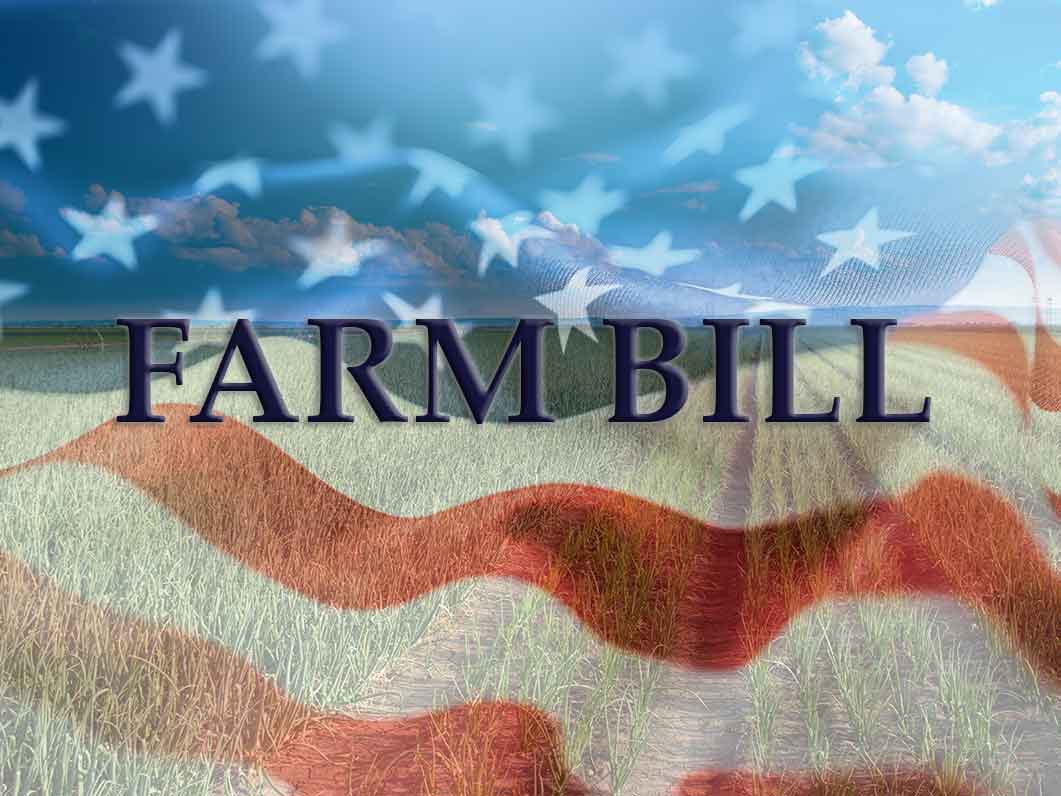
In a recent statement, American Farm Bureau Federation President Zippy Duvall expressed gratitude for the passage of a stopgap spending bill by both the House of Representatives and the Senate. The bill includes a one-year extension of the 2018 farm bill, which the Farm Bureau had actively advocated for in a letter sent to all members of Congress earlier this week.
“We are grateful Congress passed a farm bill extension to avoid serious program disruptions and we encourage President Biden to sign it. However, we urge both the House and Senate to stay focused on a new, modernized farm bill that recognizes the many changes and challenges of the past five years,” stated Duvall.
Duvall emphasized that the current farm bill, crafted in 2018, does not adequately address the significant shifts in the agricultural landscape brought about by events such as the COVID-19 pandemic, inflation spikes, and global unrest impacting the food system.
“The current farm bill was written before the pandemic, before inflation spiked, and before global unrest sent shock waves through the food system. We need programs that reflect today’s realities,” Duvall remarked.
The Farm Bureau president highlighted the extensive work carried out by the agriculture committees in both the House and Senate over the past 18 months in preparation for crafting a new, smart, and effective farm bill. He urged Congress to maintain the momentum and not let the extension detract from the crucial task at hand.
“While an extension is necessary, they’re running out of time to write a new bill. We need a new farm bill in early 2024. The farm bill affects every American by helping to ensure a safe, stable, and affordable food supply. Let’s make sure we get it right in 2024,” Duvall urged.
The call for a new farm bill reflects the urgency felt by the American Farm Bureau to adapt agricultural policies to the current economic and global conditions. With the one-year extension providing a temporary solution, the focus remains on shaping legislation that addresses the evolving needs of the agriculture sector and ensures the continued stability of the nation’s food supply.



